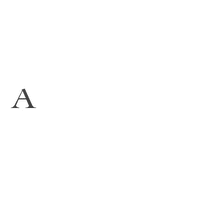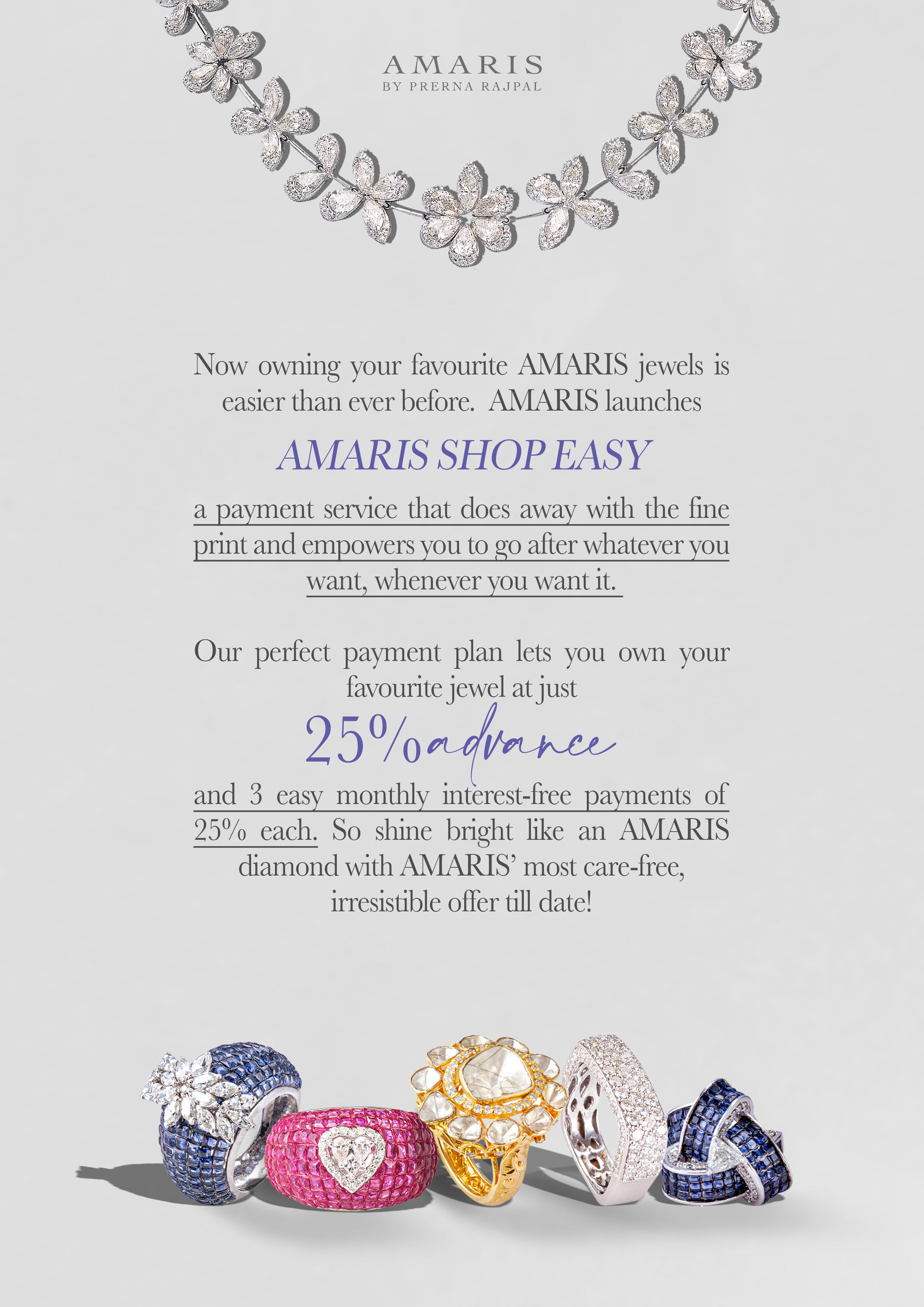KNOWLEDGE IS POWER
You simply don’t just buy jewellery; you invest in it- emotionally and financially. Have you ever wondered about how you could know-it-all about buying jewellery like a pro? How you could win this quest between your heart and your head? Read on; as we walk you through the 101s of buying precious jewellery like a pro!

Jewellery is an intensely personal way to express style. So if you are a bride looking for a trousseau that is as unique and bespoke as her love story, or a daring, red-carpet habitué who is not afraid of trying bold singular pieces, or just someone simply looking at adding some nice pieces to her daily/festive wear jewellery collection, shopping for jewellery can be intimidating. Firstly, there’s just so many choice out there. Secondly fine jewellery is expensive so can’t be flipped and switched every day or every year. And lastly you want to protect your investment value and not get duped.
So after a decade of guiding thousands of buyers who have struggled with myriad of jewellery buying challenges, pain-points and disappointments, Prerna has put together the AMARIS’ 13 STEP GUIDE to help you make better choices when buying jewellery that will hopefully last a lifetime -
1. DO YOUR RESEARCH AND LEARN THE LINGO - Check out some online guides and sites to help understand terms like diamond clarity and cut, certification, grading of gemstones, difference between precious and semi-precious stones. Also check for reputable jewellery stores to ensure that your pieces are from reliable sources.
2. WORK WITH A PROFESSIONAL JEWELLER - Choose a jeweller who has both formal gemmological education and jewellery manufacturing training in addition to practical experience. Cultivate a long-term, friendly rapport – the more your jeweller values you not just as a client but as a friend, the more likely he/she is to guide you towards making the right purchase at the right value.

3. DON’T BE DAZZLED BY DISCOUNTS - Be wary of jewellery stores that offer discounts of more than 30-40%. This means there is a huge mark up built in the tag price and the jeweller often charges differential pricing based on the buyer’s financial ability. You will ultimately find that the discounted price at such jewellers is actually the average retail price elsewhere.
4. DEVIL IS IN THE DETAILS - While it’s a design-oriented market, it’s paramount that the buyer understands the break-up of jewellery item she is purchasing. The key components of any fine jewellery item would be – total diamond caratage (weight) including its quality, gold weight and its purity (14k, 18k or 22k), caratage of precious stones and lastly, designing plus making charges. It’s important to understand the price being paid for each of these components to protect your investment value.

5. INVEST IN THE PRODUCT AND NOT AS MUCH IN THE BRAND - While brand-name emporiums as Harry Winston, Amrapali, Tiffany and Co., Bvlgari, Gem Palace, offer plenty of beautiful and expensive pieces, they also build additional costs into their prices. Glamorous stores require hyper-expensive real estate, with advertising campaigns and red carpet events costing millions each year. It’s all built into the cost structure of each big brand. What’s more, these brands don’t necessarily offer the highest-quality stones. On the other hand, small retailers and private boutiques can sometimes offer better value on high-quality jewels because they have lower overheads than big retail stores and diamond houses.

6. EXAMINE THE GEMS AND MOUNTING - Check that the gems in the piece of jewellery are secured tightly to the mounting. Otherwise, your gems could be at danger of falling out. Also, do remember to check for any damaged stones prior to purchase. You can do these by using the jeweller’s loupe (jeweller’s magnifying glass) in order for you to be able to look closely for chips and abraded facets.
7. CHECK FOR HALLMARKING AND CERTIFICATIONS - Look for the hallmark sign (BIS Certification on the purity of gold) on the piece of jewellery. A hallmark is a stamp of authenticity – proof that a particular manufacturer made it and defines the purity of gold. It’s like a painting being signed by the artist. For big diamonds, over 1 carat, ensure the piece comes with either IGI or GIA certification (more details on this have been covered under Section 1 and 2 above).

Representative images of GIA certification and BIS hallmarking stamp resepectivley
8. GET A FORMAL INVOICE - Always ensure that your jewellery purchase is accompanied by a written invoice which mentions details like break up; price paid, return and exchange policy etc. Remember a written commitment is difficult to wriggle out from.
9. DO THE "SNAG" TEST - Run the piece of jewellery over your stockings, blouse and skin to make sure the prongs or metal don't tear your clothing or skin.
10. DO THE “SCRATCH” TEST -Gently scratch your nail over the diamonds/ gemstones to make sure that they are not broken/cracked. Sometimes a fine setting in jewellery can conceal these defects which may become apparent later.
11. UNDERSTAND THE QUALITY OF GEMSTONES TO AVOID FRAUDS - Do you know the difference between heated and unheated rubies? Can you spot an emerald that has been oiled, vs. one that contains no oil? Probably not. But those enhancements greatly affect the value of stones. You can’t eyeball gemstone quality. So the best way to find out what kind of quality you’re dealing with is to inquire, simply and directly. Ideally for precious gemstones above 5 carats, an independent gemmological lab’s certificate should be obtained.



Representative images of natural Emeralds, Ruby and Blue Sapphires.
12. TAKE SOMEONE TRUSTED ALONG - While jewellery is often an impulse purchase and buying jewellery is one of the most transformative and therapeutic experience, if you are NOT a pro at it, then it might help to take someone you trust along for your first few buying rounds. It doesn’t have to be a seasoned jewellery shopper, but a friend or a relative whose taste you admire or perhaps your mom or husband who know your taste the best.
13. ENQUIRE AND UNDERSTAND THE BRAND’S RETURN POLICY OR WARRANTY - Last but not the least, prior to making that big and significant purchase, you must clearly understand the return and exchange policy of the brand. Better still; take these things in writing as a part of your invoice. Most professional jewellers would be proud of their return and exchange policy and would disclose it as a part of the buying process.













